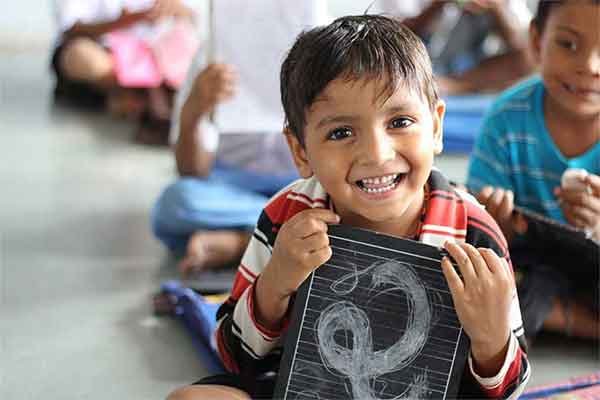Education is a fundamental human right and a powerful tool for personal and societal development. In this blog, we delve into the importance of education, its transformative impact, and how we can ensure equitable access to quality education for all.
Why Is Education Important?
- Empowerment: Education empowers individuals by providing knowledge, skills, and opportunities for personal growth and fulfillment. It opens doors to better job prospects, higher income potential, and improved quality of life.
- Social Equality: Access to education promotes social equality and reduces disparities by providing marginalized groups, including girls and children from low-income families, with the chance to break the cycle of poverty and achieve their full potential.
- Global Development: Education is essential for sustainable development and economic growth. Educated individuals contribute to innovation, entrepreneurship, and community development, leading to overall societal advancement.
- Critical Thinking: A quality education fosters critical thinking, problem-solving abilities, and informed decision-making skills, enabling individuals to navigate complex challenges and contribute positively to society.
Challenges in Education
- Access and Equity: Disparities in access to education persist, particularly in rural and underserved communities, due to factors such as poverty, lack of infrastructure, and cultural barriers.
- Quality of Education: Variations in the quality of education impact learning outcomes. Issues such as overcrowded classrooms, outdated curriculum, and inadequate teacher training hinder effective learning experiences.
- Gender Disparities: Gender inequality remains a barrier to education, with girls facing discrimination, early marriage, and limited access to schooling in many parts of the world.
- Digital Divide: The digital divide exacerbates inequalities in education, with limited access to technology and internet connectivity hindering remote learning opportunities, especially during global crises such as the COVID-19 pandemic.
Ensuring Quality Education for All
- Investment in Infrastructure: Improve school facilities, provide adequate resources, and ensure safe learning environments to enhance educational outcomes.
- Teacher Training and Support: Invest in teacher training programs, professional development, and support systems to empower educators and enhance teaching quality.
- Promote Inclusive Education: Implement policies and programs that promote inclusivity, diversity, and equal opportunities for all learners, regardless of background or ability.
- Technology Integration: Harness the power of technology to expand access to educational resources, facilitate remote learning, and foster digital literacy skills among students and educators.
Conclusion
Education is a cornerstone of development and progress, offering pathways to personal fulfillment, economic prosperity, and societal advancement. By addressing challenges in access, equity, and quality, and by investing in inclusive and innovative educational initiatives, we can empower individuals, transform communities, and build a more equitable and sustainable future for all. Let’s continue to prioritize education as a catalyst for positive change and a cornerstone of human rights and development.


